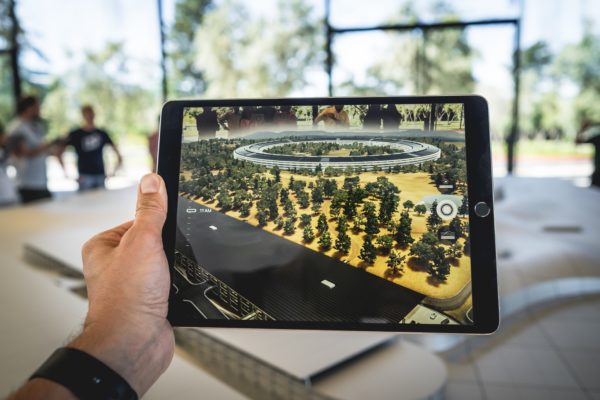Researchers from IFM are among five Deakin scholars to receive a 2017 Incoming Leaders Fellowship from the Australia India Institute at Delhi.
Advanced materials research collaborations between Deakin University and India will be strengthened with the awarding of Australia India Institute Incoming Leaders Fellowships to two researchers from Deakin’s Institute for Frontier Materials (IFM).
Alfred Deakin Postdoctoral Research Fellows Dr Ludovic Dumee and Dr Akhil Gupta will travel to India later this year to work with colleagues in India on solutions for contaminant remediation and renewable energy.
The Australia India Institute at Delhi aims to contribute to greater understanding, cooperation and partnership between India and Australia and encourage “intellectual dialogue and research between thinkers, scholars, analysts and practitioners from both countries”.
The annual Incoming Leaders Fellowships program is a four week residential fellowship for outstanding mid-career Australian researchers.
Dr Usha Manchanda Rodrigues, Senior Lecturer in Communication with the School of Communication and Creative Arts, Dr Sam Balaton – Chrimes, Lecturer in International Studies with the School of Humanities and Social Sciences, and Dr Fiona McKay, Senior Lecturer with the School of Health and Social Development were also awarded 2017 Australia India Institute at Delhi Incoming Leaders Fellowships.
Dr Dumee, who heads up IFM’s Materials Separation Group and as well as a research stream within the TERI Deakin Nanobiotechnology Centre (TDNBC), plans to visit four biotech research groups in Delhi, Mumbai and Chennai, as well as industry contacts, during his trip to India in November.
Specialising in membrane separation and absorption technologies to help prevent water pollution from the waste products of the textiles, metal and meat industries, Dr Dumee said he hoped to focus on solutions that could be applied to real life industrial challenges.
[testimonial_text]Those three industries might not seem related, but the challenges are very much the same in terms of using membrane materials to remediate bio-contaminants in water supplies. We would like to translate our capabilities in membrane separation technologies into an off-the-shelf solution that meets the needs of these industries. This is a goal that fits well into India’s current push for resource recovery and waste mitigation. As this is only my second trip to India, I’ve very keen to become more engaged and look forward to establishing further ties between Australia and India.[/testimonial_text]
[testimonial_picture name=”Dr Ludovic Dumee” details=”Alfred Deakin Postdoctoral Research Fellow”]
 [/testimonial_picture]
[/testimonial_picture]Dr Gupta, who is working on the development of organic solar cells as the next generation of photovoltaic devices, is hoping to work with researchers in India to overcome some of the challenges in his field, such as cost, funding and attitudes towards renewable energy.
He is already involved in research projects with colleagues in Singapore and China.
[testimonial_text]Organic solar cells that can be printed like paper on plastic substrates have the advantage of being low cost, light-weight and flexible and could eventually contribute to a significant proportion of our energy generation. However, there are multiple considerations, such as developing a material that is efficient and stable, but can also withstand harsh environmental conditions.[/testimonial_text]
[testimonial_picture name=”Dr Akhil Gupta” details=”Alfred Deakin Postdoctoral Research Fellow”]
 [/testimonial_picture]
[/testimonial_picture]During his time in India, Dr Gupta will travel to research institutions and companies in Jaipur, Hyderabad and Odisha to establish collaborations that will overcome some of the challenges in developing organic solar cells and result in applications for renewable energy in both Australia and India.
“India is a growing economy and the country is investing a lot of money into renewable energy research. If I can work with researchers there to develop some applied solutions, it could have global benefits,” he said.
Published by Deakin Research 8 August 2017



